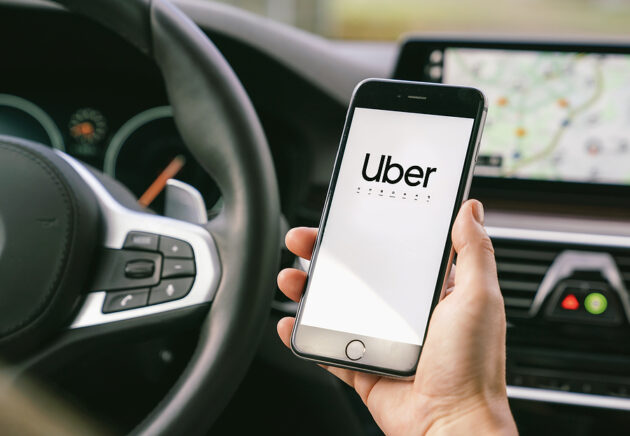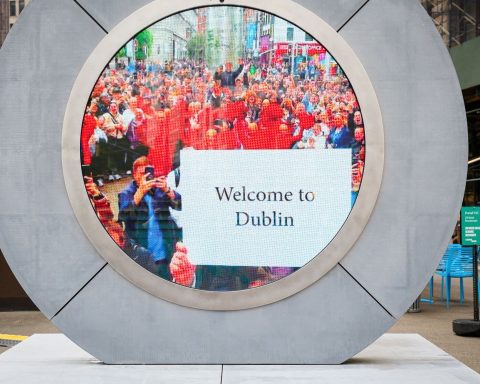
The trial, which will be held without a jury in Boston, is part of a broader legal and political struggle concerning the status of drivers for app-based companies. These companies are central to the burgeoning gig worker economy in the U.S., particularly under the scrutiny of Democratic-led states like Massachusetts.
The heart of the lawsuit is the demand that drivers be recognized as employees under Massachusetts state law, entitling them to benefits such as minimum wage, overtime pay, and earned sick time. According to the Attorney General’s office, Uber and Lyft have failed to meet the criteria of a three-part test defined by the state’s worker-friendly laws, which would otherwise permit them to classify workers as independent contractors.
The financial implications of such misclassification are significant. Studies indicate that hiring contractors can reduce company costs by as much as 30%, compared to hiring employees. This cost-saving measure is something Uber and Lyft have capitalized on to build their flexible business models.
However, the companies maintain that they are technology platforms, not transportation companies, and their business models rely on connecting independent drivers with riders via their apps. They argue that being forced to classify drivers as employees would jeopardize their operations in Massachusetts, potentially leading to reduced services or complete cessation of operations within the state.
During a pre-trial hearing on Thursday, Rohit Singla, representing Lyft, stated that reclassifying drivers as employees would be incompatible with the company’s current operational setup and could fundamentally disrupt their business model.
The timing of the trial is pivotal, coming just a week after Massachusetts’ highest court heard arguments about a potential November ballot measure backed by the industry. This measure would continue defining drivers as contractors but would grant them new benefits. The court also considered a rival labor-backed proposal allowing drivers to unionize.
The outcome of this trial could have far-reaching implications. Uber and Lyft could face substantial penalties for past misclassifications if the state prevails. Moreover, a decision against the companies could set a precedent to influence other states’ policies on gig worker classification.
Massachusetts’ move to bring this lawsuit, initially filed in 2020 by Campbell’s predecessor and now Governor Maura Healey highlights the ongoing debate over the rights of gig workers and the responsibilities of companies that dominate this sector. As the trial unfolds, it will be closely watched by many as a potential turning point in how gig workers are treated across the United States.







